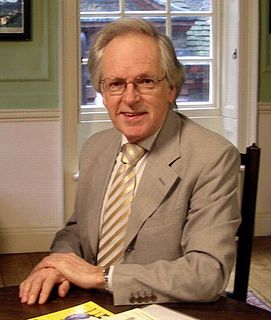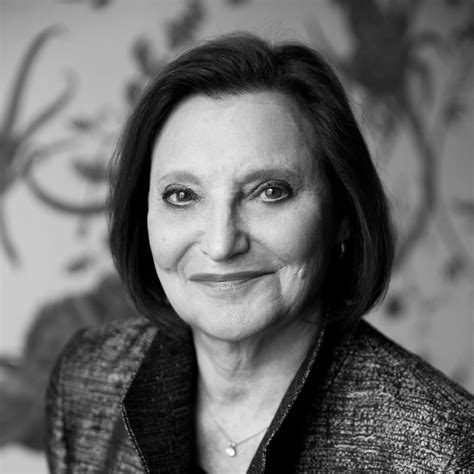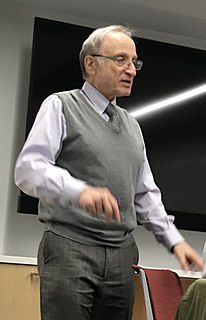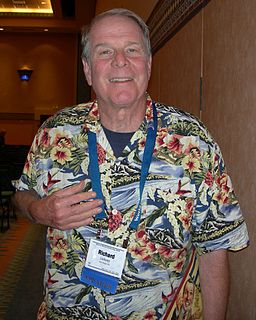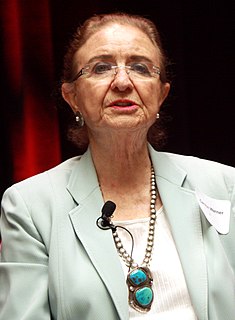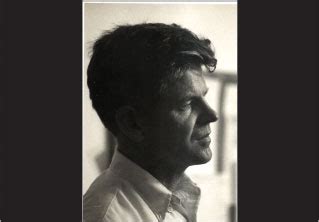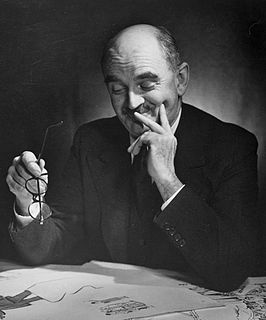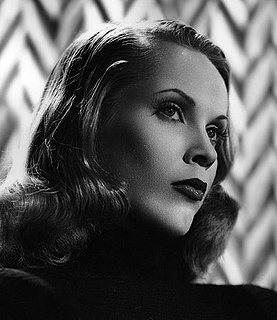A Quote by Nigel Rees
My toils in the quotation field have led me to formulate two or three laws about the way people use and abuse quotations. My first law is: When in doubt, ascribe all quotations to Bernard Shaw - which I don't mean to be taken literally, but as a general observation of the habit people have of attaching remarks to the nearest obvious speaker. Churchill, Wilde, Orson Welles and Alexander Woollcott are other useful figures upon whom to father remarks when you don't know who really said them.
Quote Topics
About
Abuse
Alexander
Ascribe
Bernard
Bernard Shaw
Churchill
Doubt
Father
Field
Figures
First
General
Habit
Know
Law
Laws
Led
Literally
Me
Mean
Nearest
Observation
Obvious
Other
People
Quotation
Quotations
Really
Remarks
Said
Speaker
Taken
Them
Three
Two
Use
Use And Abuse
Useful
Way
When In Doubt
Which
Whom
Wilde
Related Quotes
Oh yes, I dated Orson Welles. We had many encounters on both coasts. I remember the first time he saw me in a boudoir, in a negligee, he said in that wondrous voice of his, ‘Magnificent Carcass.’ ‘MAGNIFICENT CARCASS?’ I thought to myself. Whatever, I didn't see that one coming. But that's really all I want to say about Orson. I don't want to go into how he gave me the Clap.
Rugby football is a game I can't claim absolutely to understand in all its niceties, if you know what I mean. I can follow the broad, general principles, of course. I mean to say, I know that the main scheme is to work the ball down the field somehow and deposit it over the line at the other end and that, in order to squalch this programme, each side is allowed to put in a certain amount of assault and battery and do things to its fellow man which, if done elsewhere, would result in 14 days without the option, coupled with some strong remarks from the Bench.
